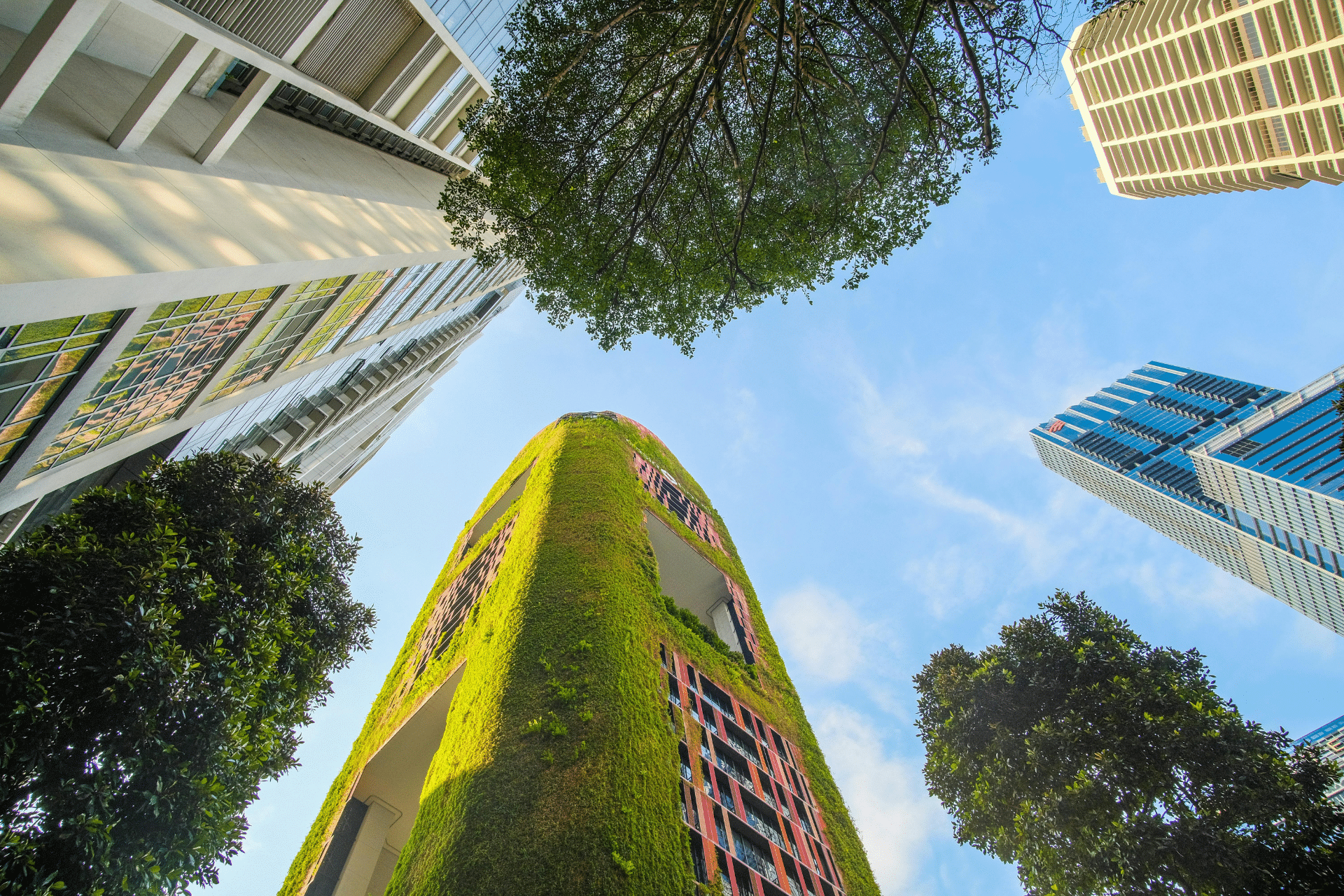May 1, 2025
The United States faces a critical housing shortage, particularly in housing that is affordable to moderate- and low-income households. Yet in the context of global climate change, residents and advocates may oppose new housing development because of its greenhouse gas emissions or potential impacts on habitats, stormwater, and green infrastructure. Others argue that new housing, even if it is energy efficient or climate resilient, is inaccessible to lower-income households and may even harm them by driving up housing costs and displacing them to locations with greater climate risks.
How can practitioners and policymakers assess these arguments? Does new housing increase or decrease the climate vulnerability of low-income households? Does it benefit or harm the environment, and under what circumstances? This brief summarizes the existing evidence and highlights the need for more research and better frameworks to weigh the tradeoffs between sustainability, affordability, and housing supply.
